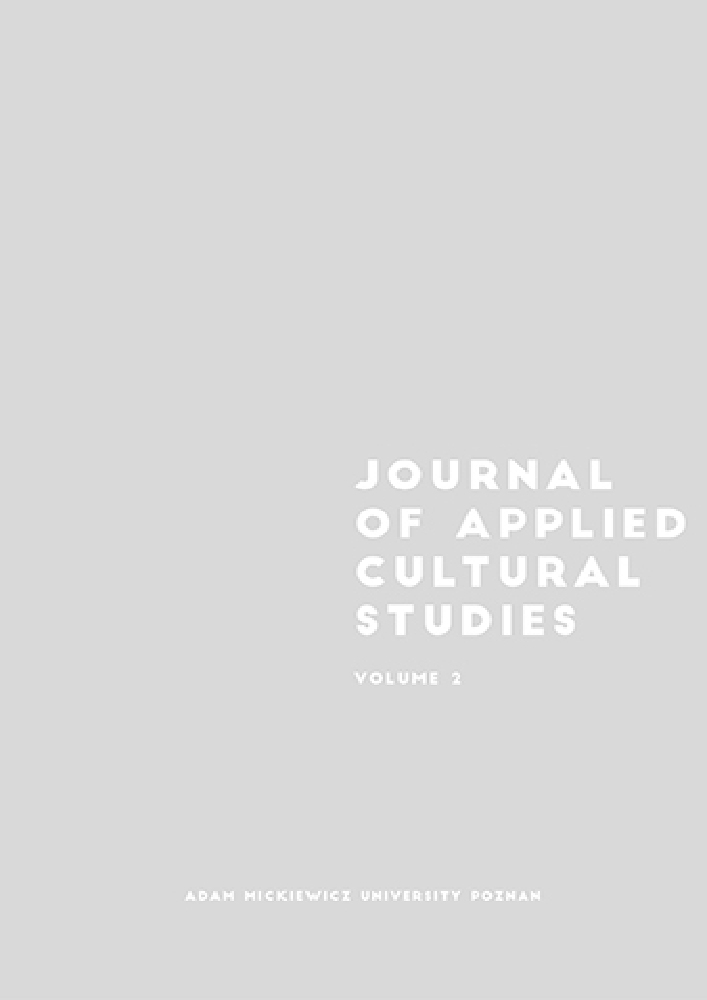Abstract
The culture of signs is a recurrent term in philosophy. It does not allow mindless programs to win. Thanks to it, it is possible to put trust in model, holistic approaches rather than the linguistic determination of meanings. The process of departing from philosophical reflection, which has always been holistic, expressed with the diagram: ideas – notions – definitions, is here reversed. Presentations allow the return to ideas; ideas have more of the imaginary than the symbolic. The concept of the Body without Organs depicts a new form of sensualisation directed not at gaining permanent representations but at the possibilities of switching various functions of experience.
References
Baudrillard J., Słowa klucze, transl. S. Królak, Warszawa 2008.
Bateson G., Steps to an Ecology of Mind, Chicago 2000.
Deleuze G., Guattari F., A Thousand Plateaus. Capitalism and Schizophrenia, transl. B. Massumi, London 1987.
Doda A., Pośpiech i cynizm. Wokół teorii dyskursów Jacques’a Lacana, Poznań 2002.
Frankl E., Homo patiens. Próby wyjaśnienia sensu cierpienia, transl. R. Czernecki, Z. J. Jaroszewski, Warszawa 1998.
Pelc J., Wstęp do semiotyki, Warszawa 1981.
Skibiński A., Homo significus. Autorozprawa o poznaniu-języku, Warszawa 2003.
Trzcińska I., Obraz, mapa i hybryda. Kulturowe aspekty przedstawiania świata, “The Polish Journal of the Arts and Culture” 2013, no. 8.
White H., Ciała i ich fabuły, transl. M. Wilczyński, in Poetyka pisarstwa historycznego, eds. Domańska E., M. Wilczyński, Kraków 2000.
